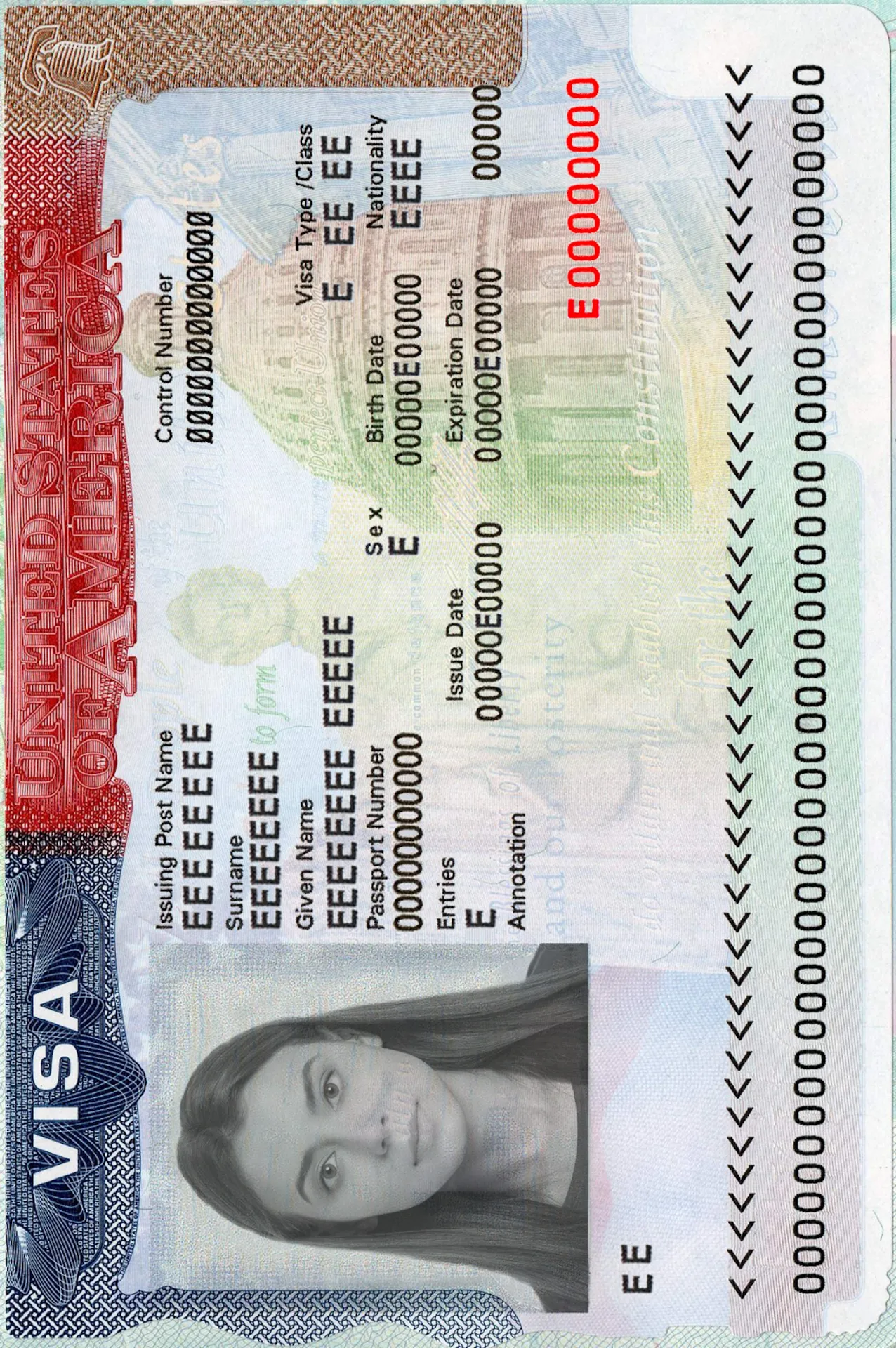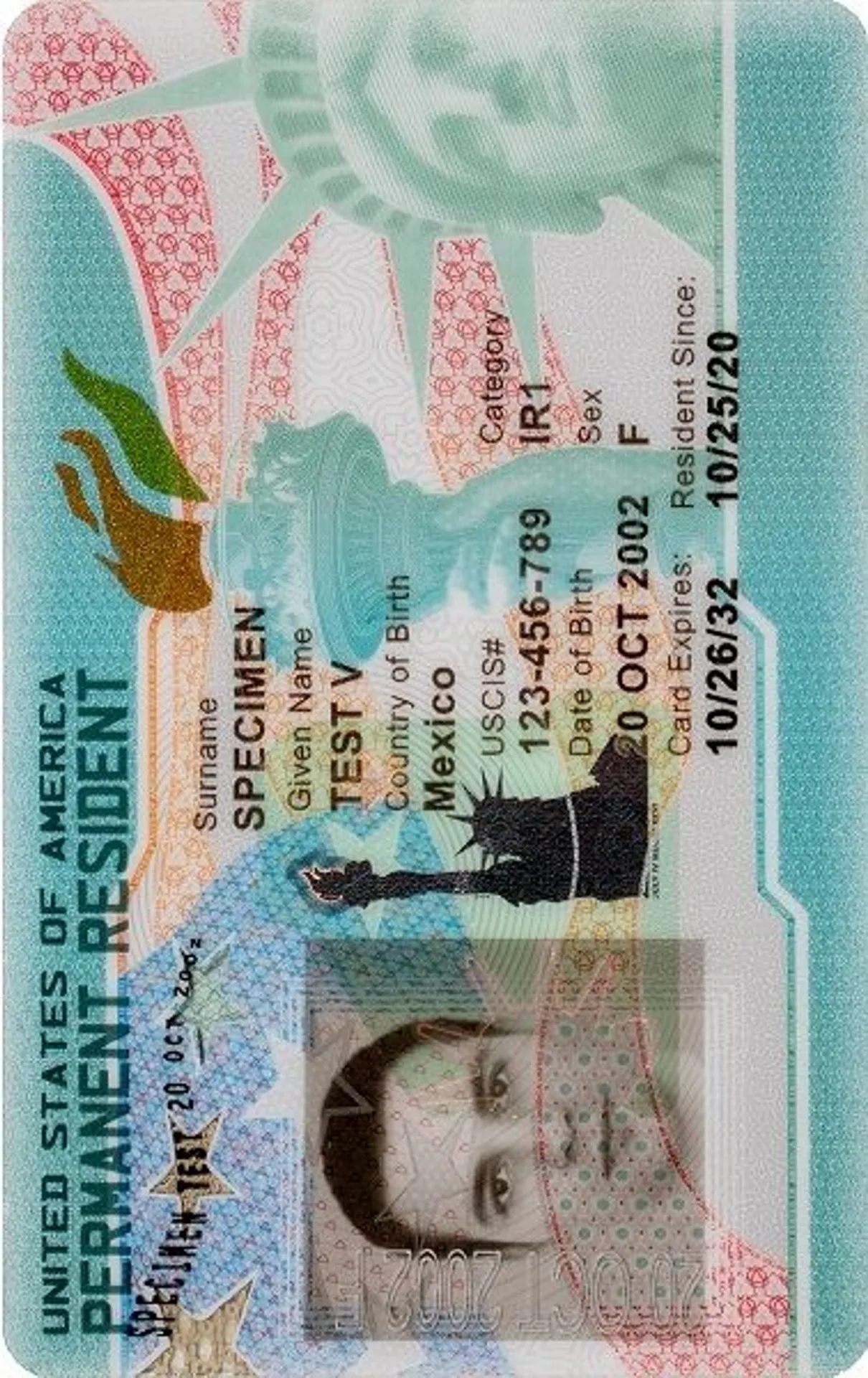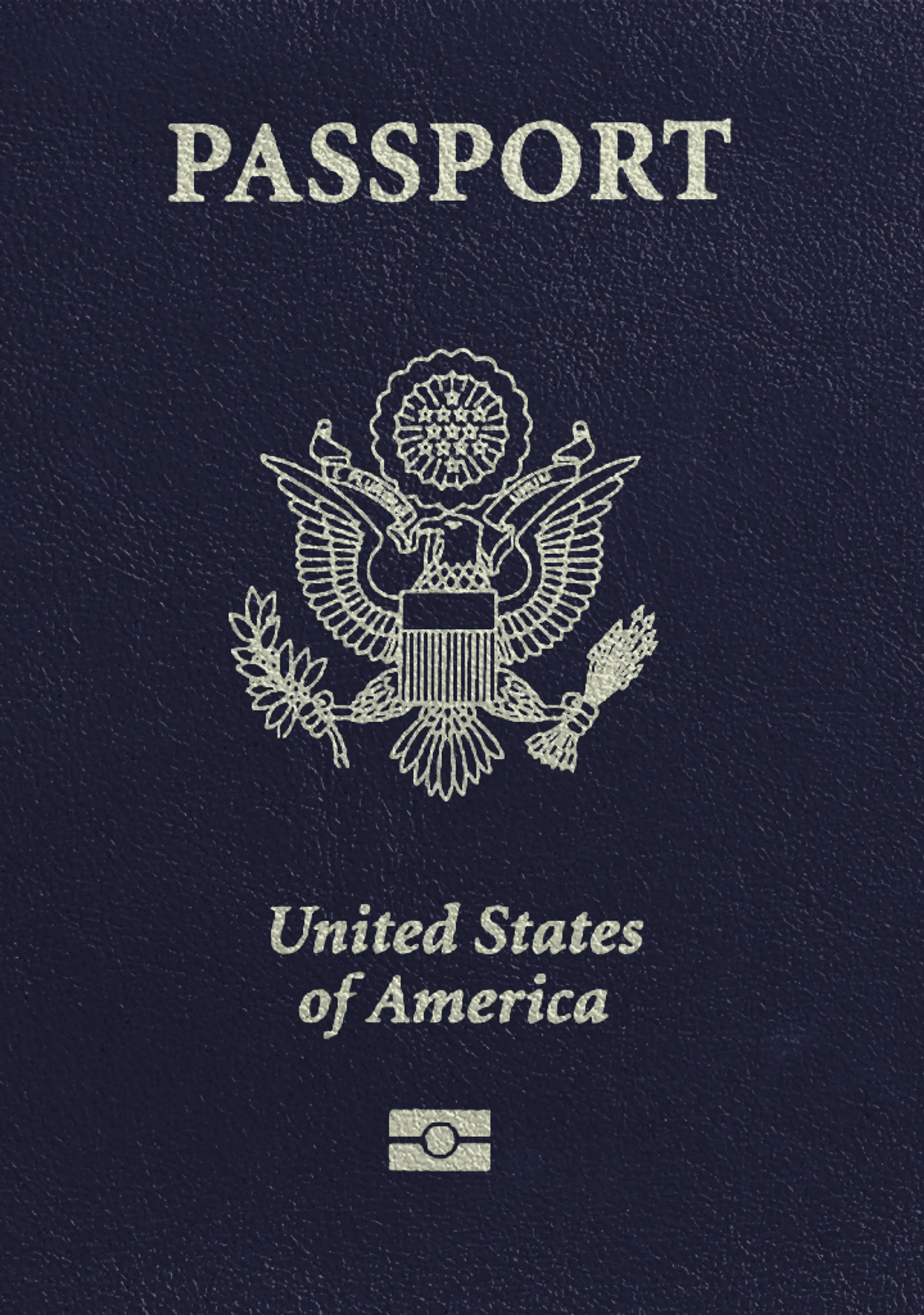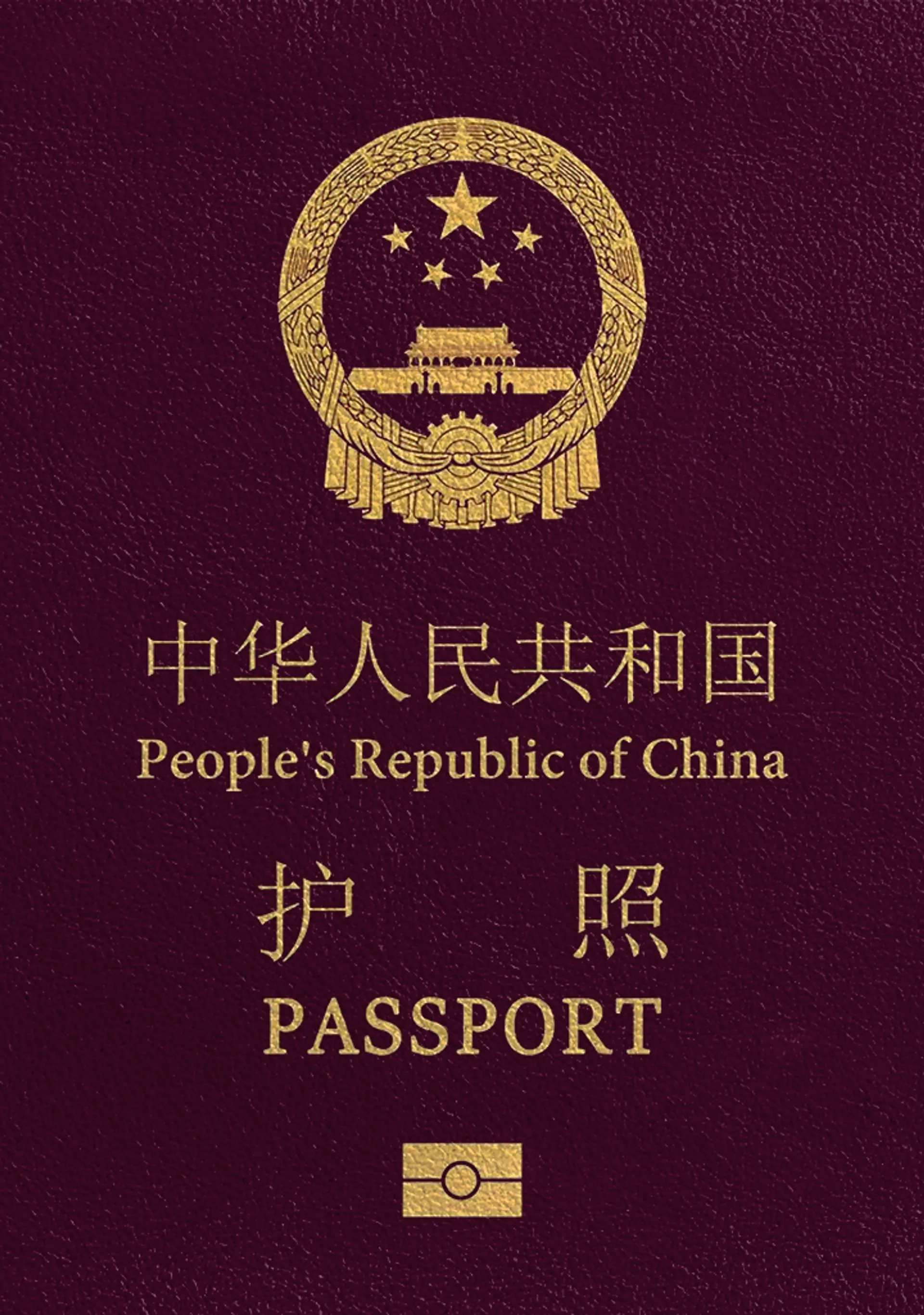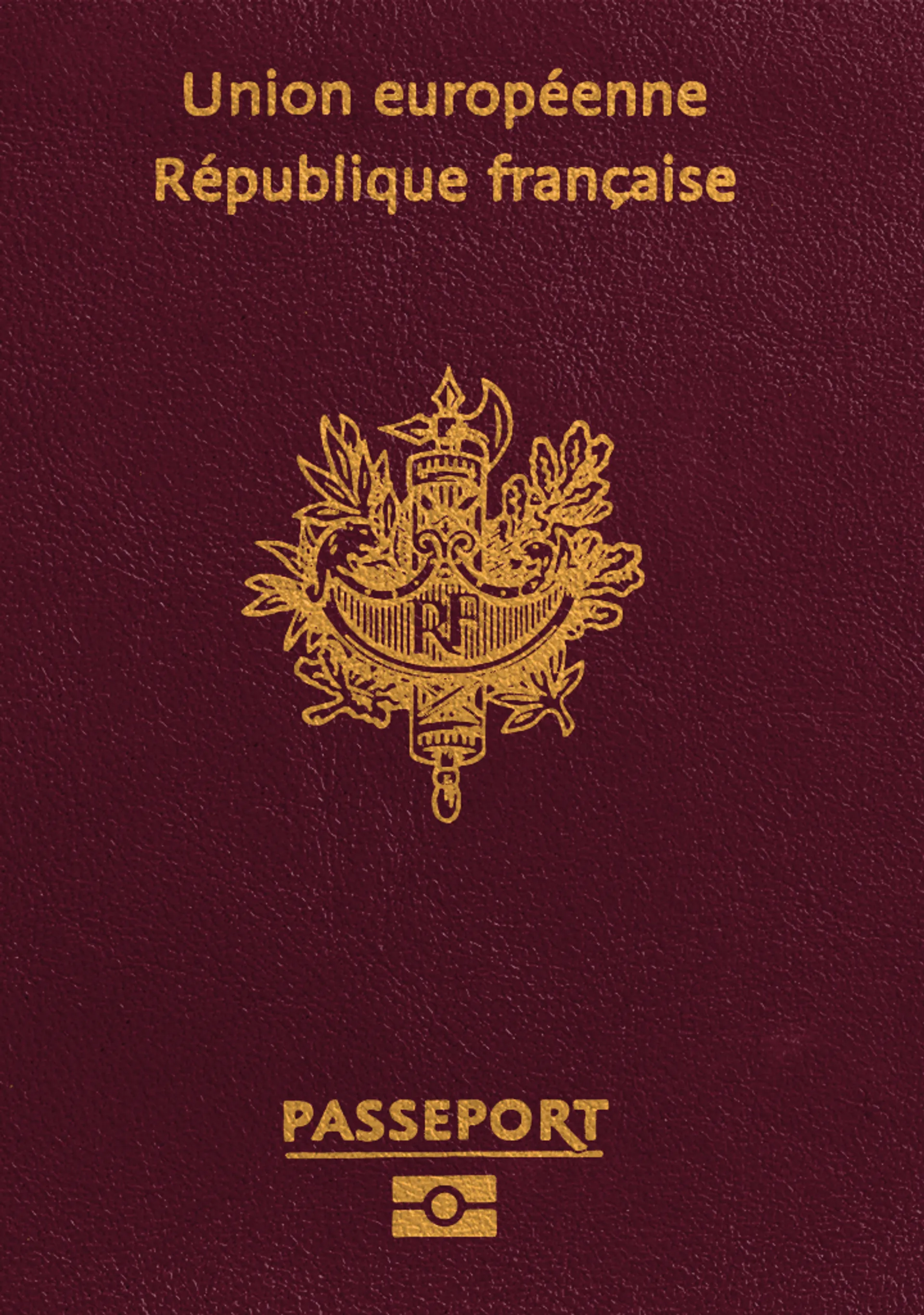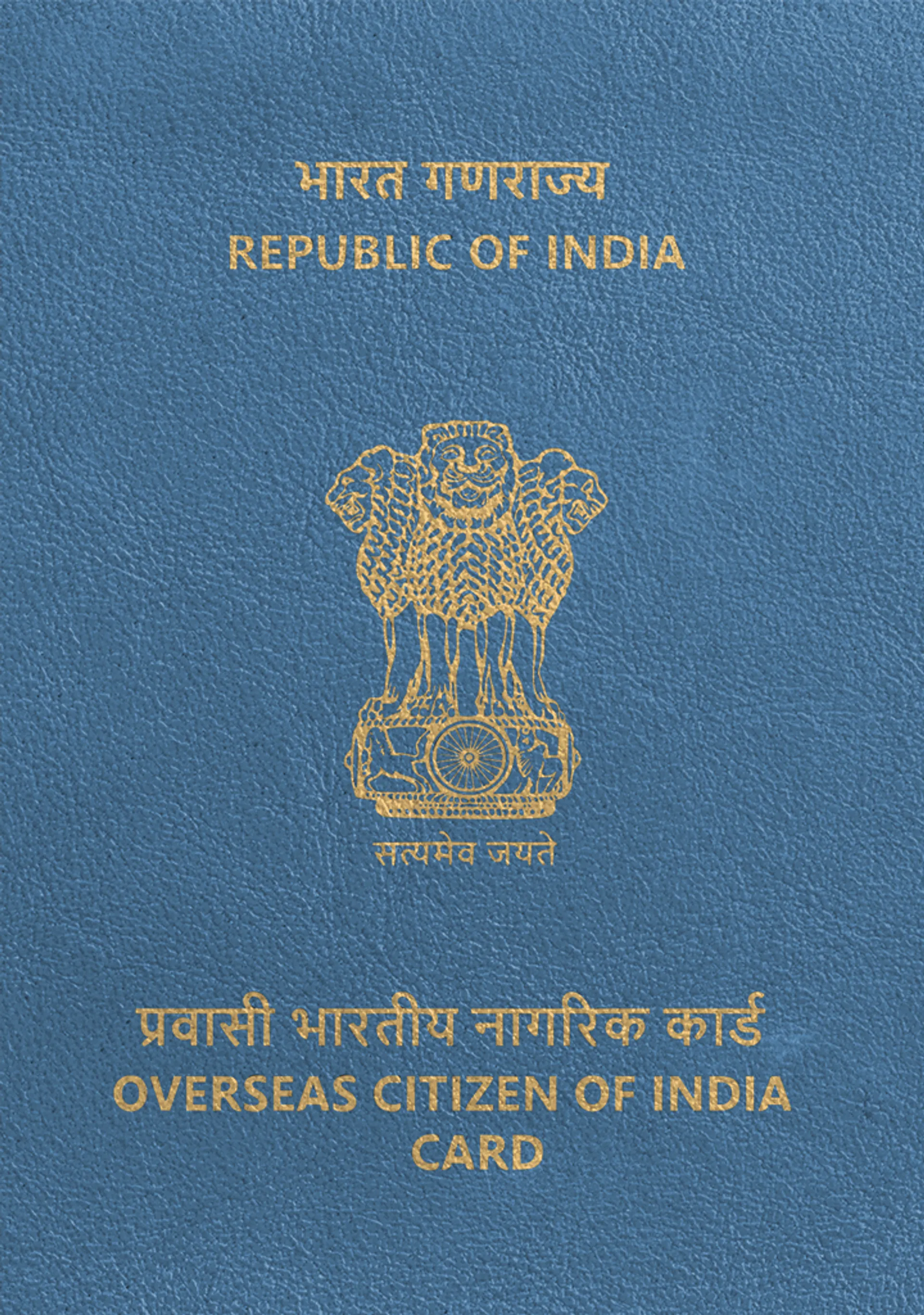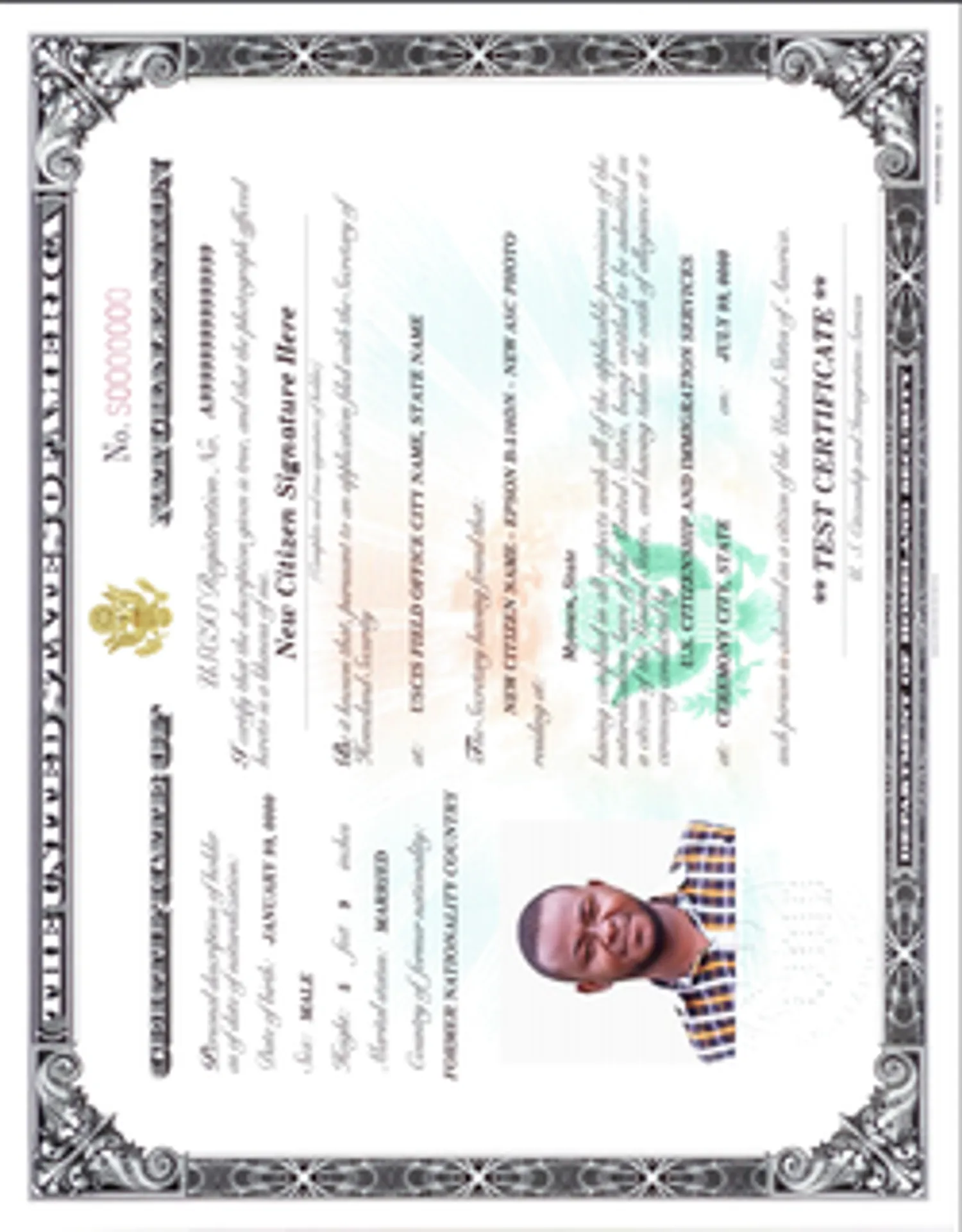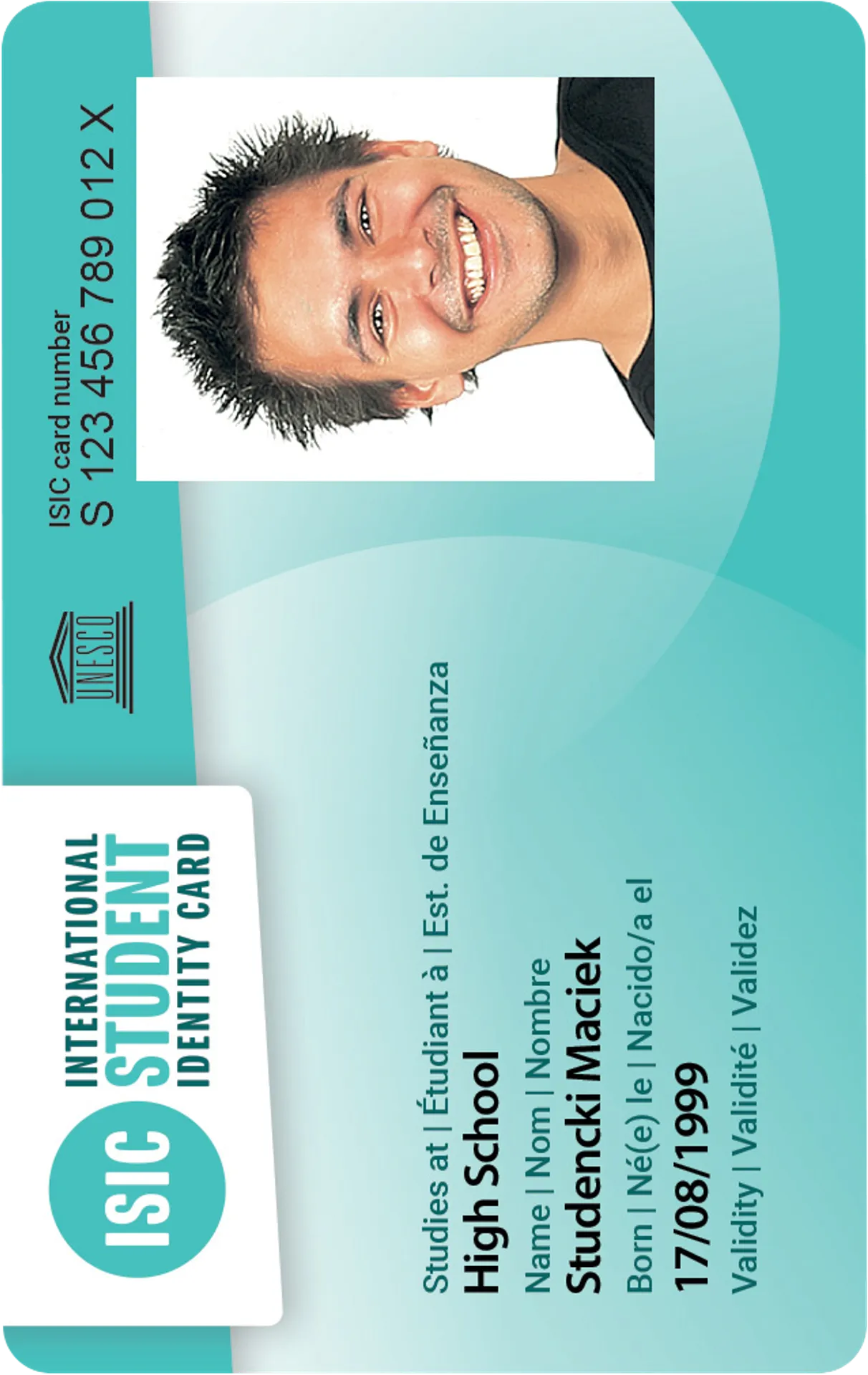Israel Visa Photo: Suitable Photos for a Successful Application [And a Hassle-Free Visa Photo Tool]
As seen in
How does our photo tool work?
Take or upload photo
Get your photo verified
Enjoy your photo

Why it's worth trying us?

Thanks to our excellent AI and well-skilled Photo Experts, we create top-notch photos just like that!

Fast and reliable
Skills and experience

Worth every penny
Photo Specification for an Israeli Visa
37 mm

Width: 50 mm
Height: 50 mm
Yes
Head height: 37 mm
Top of the Photo to Top of the Hair: 6 mm
300 dpi
Yes
How to prepare yourself?
Distance from the camera
Take the photo from a distance of about 20 inches from your face. Ideally, the photo should be taken by another person.
Face in front of the camera
Place your face in front of the lens and keep a neutral expression on your face. Hold the camera at face height.
Even lighting
Just stand facing a light source such as an exposed window. Don't worry about the background.
For people that enter Israel, a valid visa is an essential requirement. This, however, does not apply to everyone, as, for instance, European countries do not need a Visa to enter Israel. For others, visa application is an inevitable process. One of the most important demands for an Israel Visa is a Visa photograph that needs to be taken following Israel Visa guidance. Without a correct visa photograph, a visa will be rejected.
Photo specification for an Israeli Visa
For a visa application to be approved, a photo must follow strict specifications which differ depending on the country. It is essential to remember that in any case a passport photo may not be used for a visa application. Israel Visa photo specifications include:
- Size: width: 50mm, height: 50mm (5x5 cm)
- Resolution: 300dpi
- Background colour: white
- 2 copies of the photo required
- Photo must be in full colour
- Photo must be recent
How to take an Israel Visa photo?
A picture can be taken either at a photo studio, photo booth, or using online photo tools. For a picture to be accepted, visa applicants must follow a few instructions. These are: applicants must face the camera directly, maintain a neutral face (smiling and frowning not permitted), keep their eyes open for the duration of the picture, and make sure lighting is even, so no shadows are created during the picture.
Applicants must also ensure they stand/sit straight, and not on a side. This is vital, as a full face must be shown. These are all essential requirements that need to be fulfilled for a photo to be accepted. If a photo is not accepted, visa application won’t be completed correctly, and therefore, it would be instantly rejected.
What to wear for an Israel Visa Photo
A common question asked about a Visa photograph is the clothing. Although there are no special requirements relating to the clothes of the applicant, there are few no-no’s that individuals must be aware of. Firstly, a full face must be visible in a visa photograph, hence, nothing can be worn that creates a shadow on an applicant's face. It is advised to wear casual, day-to-day clothing.
Uniforms are not permitted for a visa photo, with the only exception of religious - daily wear. It is also recommended to not wear reflective, white, or very colourful clothing that may reflect the flash of the camera. Headwear is not permitted unless a person has a medical condition or religious belief that does not allow a person to take headwear off. In a situation like this face must be visible from ear to ear, and from chin to forehead.
Eyeglasses are also not allowed, due to camera flashes, the only exception is if you wear them daily. In this case glasses, frames must not cover the eyes.
Where can I take an Israeli Visa Photograph?
There are multiple ways of taking a Visa photograph, normally people use professional studios, photo booths, or online services for their photos to be taken. Photo studios are effective, due to their studio settings, props, and adaptation to fit the purpose of a document. What’s also good about a photo studio is that a photographer allows re-takes, giving guidance and correcting a person in case anything is wrong. A disadvantage is that people need to actually visit a photographer, and wait for the pictures to be printed out -this can be time-consuming.
Photo booths work similarly to photo studios, but they are done in a small space (booth) setting. A benefit is that pictures come out instantly, therefore no time is wasted on waiting. And they are normally very cheap. Yet they are automatic, and retakes are only permitted when a person pays for the photo to be taken again.
Lastly, online websites/apps. It is now more common to take document pictures, such as visa pictures online or via app. The benefits of using an app are that in the case of applying online, a person gets the pictures straight away and free. Another benefit is that cropping and editing tools are available for any image corrections - such as background changing or removing of a shadow.
App also gives a person instructions - if something is wrong with the image, it will come up as a notification saying what’s wrong. It also allows a person to retake their photograph and apply changes. Disadvantages are that in case of hard copy applications, printout has to be paid for and wait for the image are 3-5 working days.
Children, Infants, and Newborn Babies Photo Requirements for Israel Visa
If a picture is for a baby traveller, photo requirements are very similar to an adult visa photograph. Baby’s eyes must remain open for the duration of the photo, they cannot smile/frown, or wear headwear, and the background also has to be white. The only difference is that baby pictures can be taken anywhere. If a baby is lying down, or in a car seat - a white blanket or bed sheet has to be placed behind their head. In a situation when a parent holds the baby for the picture, hands must be well hidden, and the baby has to look directly into the camera. A white background is normally edited in such a case.
Children are also not permitted to hold any toys and objects that may appear in the final image. For girls, headbands are also not allowed. Additionally, for a baby Visa it is essential to take a few copies of the picture, so the most accurate one (that follows all the rules) is chosen. Moreover, baby Visas are not as strict as it is understandable that a newborn cannot take a picture professionally yet.
Photographs Validity
In regards to photo validity, VIsa pictures cannot exceed the time of more than six months. This is applicable to almost all pictures for official documents. However, Israel requires the most current photographs for their Visas. This is important, as many people change, so a visa must reflect the most up-to-date look. For instance, if someone had a beard all their life, but decided to shave it off and never grow it again, then a visa will require a picture without the beard.
Most Common Mistakes when taking an Israel Visa photo
Most common mistakes when taking a Visa photo are normally the ones that are very easy to alter. One of the most common mistakes is smiling while getting a picture taken! As mentioned before, smiling is not allowed in an official document, hence face must remain neutral. Another common mistake is a wrong formatting and photo size. Pictures that are in the wrong format are likely to reject visa application, even if other documents were provided correctly.
Attaching selfies is definitely not allowed for any type of official document, especially a Visa or a passport. Visa photos must follow official guidance or visa will not be examined. Old photographs, which were taken a long time ago, are also not valid. Visa documents demand up-to-date photographs that are a reflection of an applicant current appearance. Old photos will mean instant rejection.
Israel Visa Photo App
With more modern technology in place, people are now able to do almost everything online. Not only medicine has improved, but also other sectors such as IT or infrastructure. Hence, photography and other interlinked services also largely developed. In a situation where an individual can’t leave the house or simply doesn’t want to waste time to go for a visa picture to be taken, they can use (now available) other alternatives.
Currently, almost three billion of people globally use a smartphone. This, therefore, creates a new market for firms who may wish to put their services into a phone app. Hence, it is now possible for people to take their visa (or other formal documents) photos at home using an app!
The app works similarly to a photo-booth (as mentioned before) so it’s easy and quick for individuals to take a photo. This app is available not only in AppStore but also Google Store. The download is also easy, a person only needs to access AppStore or Google Play type in a visa photo, download the app, and start reading the instructions & taking a photograph. What’s good about using the app is that for an online application you get your picture straight away, with the correct sizing. Moreover, editing is permitted, hence background, shadows, and any other things that do not follow Visa photo guidance can be changed.
Documents
We provide photos for IDs from all over the world. You’ll find the one you are looking for!

Choose your document

FAQ


Are You Satisfied With Our Service?
Let us know how we’re doing.
Customer feedback is always welcome.
Rate Your Reading Experience:





Rating: 4.76/5
Number of votes: 148












